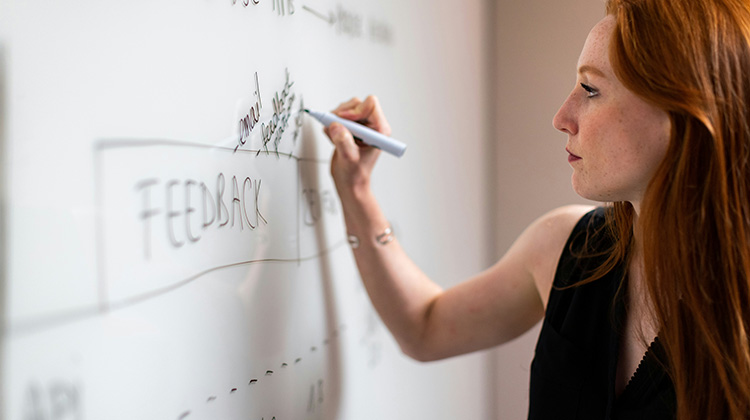Explicit Teaching – Help or Hindrance?

For some public schools in NSW the adoption of explicit teaching methods has resulted in strong academic improvements. Noting this, the NSW Department of Education Secretary has announced on that the Staff Development Day on the 29th of April will focus on 'Explicit Teaching', also known as 'explicit instruction’.
Explicit instruction is often framed in opposition to 'inquiry-led' or 'student-centred' methods, but many experts say both are necessary and depend on context.
Teachers already use Explicit Instruction, and the contention is overreliance on Explicit Instruction may interfere with both long-term learning goals and the aims of the Australian Curriculum.
So is explicit teaching the way to cut the Gordian knot in disadvantaged public schools, or is this push narrow to accommodate the range of teaching and learning approaches teachers need to foster achievement and success at school?
Associate Professor Jorge Knijinik from Western Sydney University says, "This departmental push overemphasises a single method and undermines teachers' professional expertise.
“Explicit teaching is not a new or a revolutionary pedagogical approach. It’s centred around the teacher who does most of the talking, while more contemporary approaches - such as student-led, inquiry-based, problem-posing, experiential learning, and active pedagogies - place students at the centre of learning.
"These pedagogies can complement each other to maximize learning.
"Teachers are experts in employing a range of pedagogies not only to teach but also to transform the learning experience into a meaningful and engaging journey – they need to ensure that students are absorbed in their schooling and remain eager to learn.
"Knowing which approach to use is context-based and varies according to the content being taught.
"Teachers shape and design learning sequences and carefully craft lesson plans tailored to the specific needs and characteristics of the students in a particular community. Which language do they speak at home? Do they eat before coming to school? Are they migrants or refugees with traumatic experiences?
"The social context is central, and teachers are experts in understanding what is ‘going on’ more broadly in their communities and what students bring to the classroom.
"The current ‘back to basics’ debates in education, of which explicit instruction is one example, try to enforce one method as better or superior to others.
"This mantra narrows the conversation around teaching methods; it undermines teachers’ professional expertise and society’s view of education in schools overall."
Dr Lynde Tan also of Western Sydney University thinks that, "It is important not to overlook the risks of any approach.
"There is a strong emphasis on explicit teaching as a key tenet of effective practices in the final report of the 2023 Teacher Education Expert Panel. This “buzzword” has also gained traction in media discussions on how local educators can drive academic outcomes using this teaching method.
"These risks include, students’ over-reliance on the teacher as the knowledge provider inhibits self-directed learning which is a key 21st-century skill in today’s fast-paced ever-changing world.”
Dr Tan says the rigidity inherent in explicit teaching prioritises recall of facts and rote learning over critical thinking and the highly structured scope and sequence restrict teacher and student creativity.
There is a strong focus on what to learn rather than how to learn; the value of an inquiry mindset is diminished in explicit teaching.
"Teachers “swing” between more teacher-centred and student-centred approaches to meet diverse learning needs presented to them in the classrooms. This is the wisdom of variety in teaching practice.
"One approach is not the enemy of another. The question is when, why, and for how long a particular teaching approach can meet students' learning needs.
"When we adopt a particular approach at the expense of another, have we empowered or disempowered our teachers and students for the world we live in?"
Image by this is engineering